Introduction: A Crisis of Trust in Mental Health Care
For decades, we’ve been told that depression is caused by a “chemical imbalance”—specifically, a lack of serotonin in the brain. This narrative, heavily pushed by pharmaceutical companies, led to the widespread prescription of drugs like Prozac and Zoloft.
But what if this story was never based on solid science?
A 2022 umbrella review published in Molecular Psychiatry 1 shook the foundation of mainstream psychiatry by concluding that there is no consistent evidence supporting the serotonin theory of depression. In fact, as Psychology Today put it, “The chemical imbalance theory was always a kind of urban legend—never proven, but widely believed.” 2
So, if depression isn’t simply a serotonin deficiency, what is going on—and how can we truly heal?
The Serotonin Myth: Big Pharma's Favorite Fairytale
Let’s be clear: pharmaceutical companies have a vested interest in maintaining the chemical imbalance narrative. After all, if depression is caused by a lack of serotonin, then it makes sense to prescribe serotonin-boosting drugs. Billions of dollars have been made selling this idea.
But the 2022 review in Molecular Psychiatry systematically analyzed decades of research—looking at serotonin levels, receptor activity, transporter genes, and more. It found:
“There is no support for the hypothesis that depression is caused by lowered serotonin activity or concentrations.” 1
That’s a bombshell. Especially considering that antidepressants like SSRIs have been prescribed to tens of millions of people based on this now-debunked theory.
The Gut-Brain Axis: Where Depression Really Begins?
If it’s not just in the brain, where should we look?
Surprisingly, the answer may lie in your gut.
Over 90% of the body’s serotonin is actually produced in the digestive tract—not the brain. This is thanks to the enteric nervous system, often called the “second brain.” It’s made up of over 100 million neurons lining the gastrointestinal tract and is deeply involved in mood regulation.
When your gut is out of balance, everything from neurotransmitter production to inflammation levels and immune function can be disrupted.
The Microbiome and Mood
Your gut microbiome—a complex ecosystem of trillions of bacteria—has been shown to influence mood in profound ways:
Dysbiosis (gut flora imbalance) is linked to depression and anxiety 3.
Certain probiotic strains like Lactobacillus and Bifidobacterium have antidepressant effects.
A leaky gut allows inflammatory compounds like lipopolysaccharides (LPS) to reach the brain, leading to neuroinflammation, which is strongly associated with depressive symptoms 4.
Even intestinal parasites, yeast overgrowth, and poor digestion can rob your body of nutrients like B12, magnesium, and iron—cofactors that are crucial for brain function and emotional balance.
Chiropractic Care and Depression: A Natural, Whole-Body Approach
You might be surprised to learn that chiropractic care can also help support emotional health, particularly when it comes to reducing the stress and nervous system imbalances that contribute to mood disorders.
According to Accident Care Chiropractic 5, chiropractic care may support depression by:
Balancing the nervous system: Adjustments help regulate the parasympathetic (rest and digest) branch, calming the body.
Improving sleep and reducing tension: Chronic stress and poor sleep fuel depressive symptoms. Chiropractic care can alleviate musculoskeletal discomfort and promote relaxation.
Enhancing hormone regulation: Spinal misalignments can impact hormone production through their influence on the hypothalamic-pituitary-adrenal axis.
This aligns perfectly with the holistic view of depression as a systemic condition, not just a brain issue.
Natural Supplementation: Building Mood from the Inside Out
In addition to chiropractic care and gut healing, many natural supplements show promise in supporting emotional well-being—without the side effects of pharmaceuticals.
Top Supplements for Depression:
Probiotics: Support gut-brain communication and reduce inflammation.
Vitamin D: A 2022 meta-analysis found that doses of 2,000 IU or more may improve mood, especially in those deficient 6.
Magnesium: Supports neurotransmitter function and reduces stress.
Omega-3 fatty acids (EPA and DHA): High-EPA fish oil has shown antidepressant effects in some studies 7.
Saffron: Clinical trials suggest this spice may be as effective as some antidepressants for mild to moderate depression 8.
5-HTP & SAM-e: Natural compounds involved in serotonin and dopamine pathways.
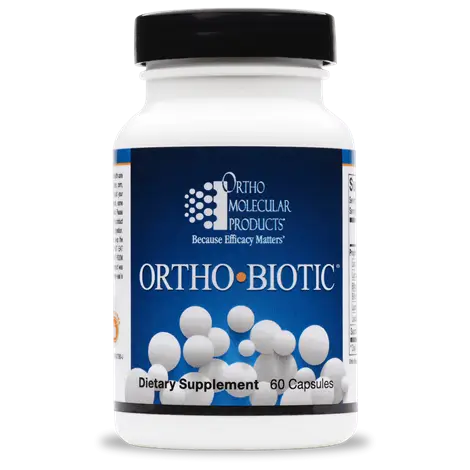
Ortho Biotic
Ortho Biotic® is a carefully formulated probiotic supplement featuring a blend of seven scientifically studied probiotic strains and beneficial microorganisms.
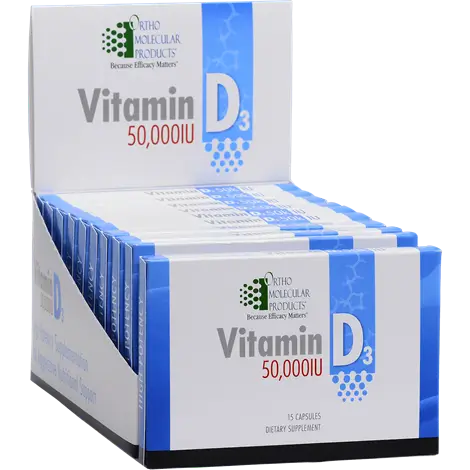
Vitamin D3
Vitamin D3 is a fat-soluble nutrient that plays a role in supporting overall wellness.
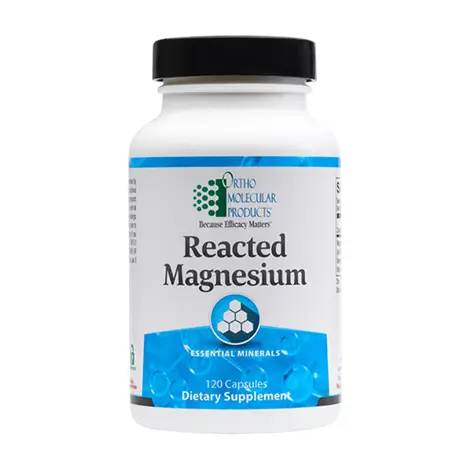
Reacted Magnesium
Reacted Magnesium features a unique blend of three highly bioavailable forms of magnesium to support cardiovascular health, muscle relaxation, energy production, and overall wellness.
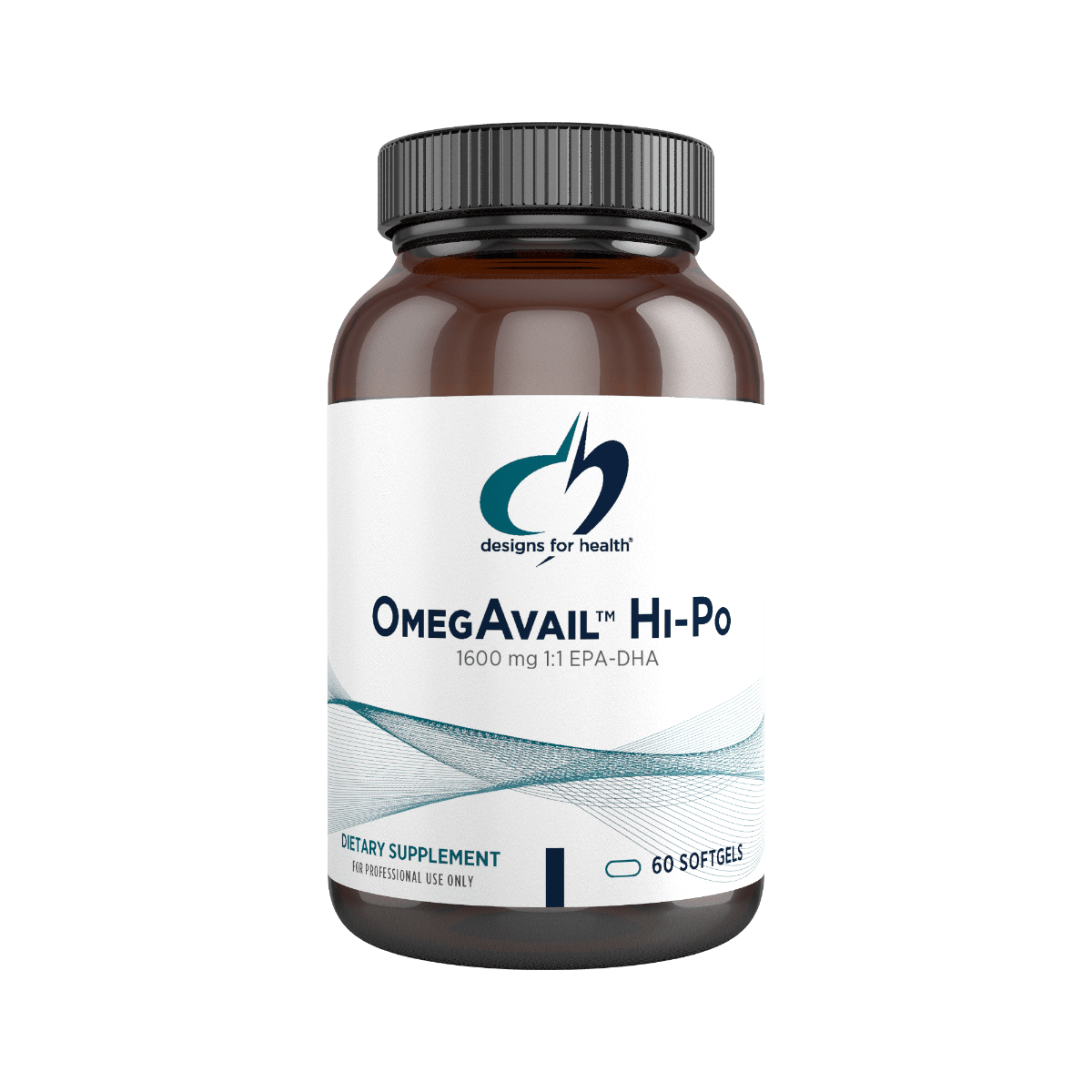
OmegAvail
OmegAvail™ Hi-Po is a premium fish oil supplement that delivers a potent dose of bioavailable omega-3 fatty acids to support overall wellness.
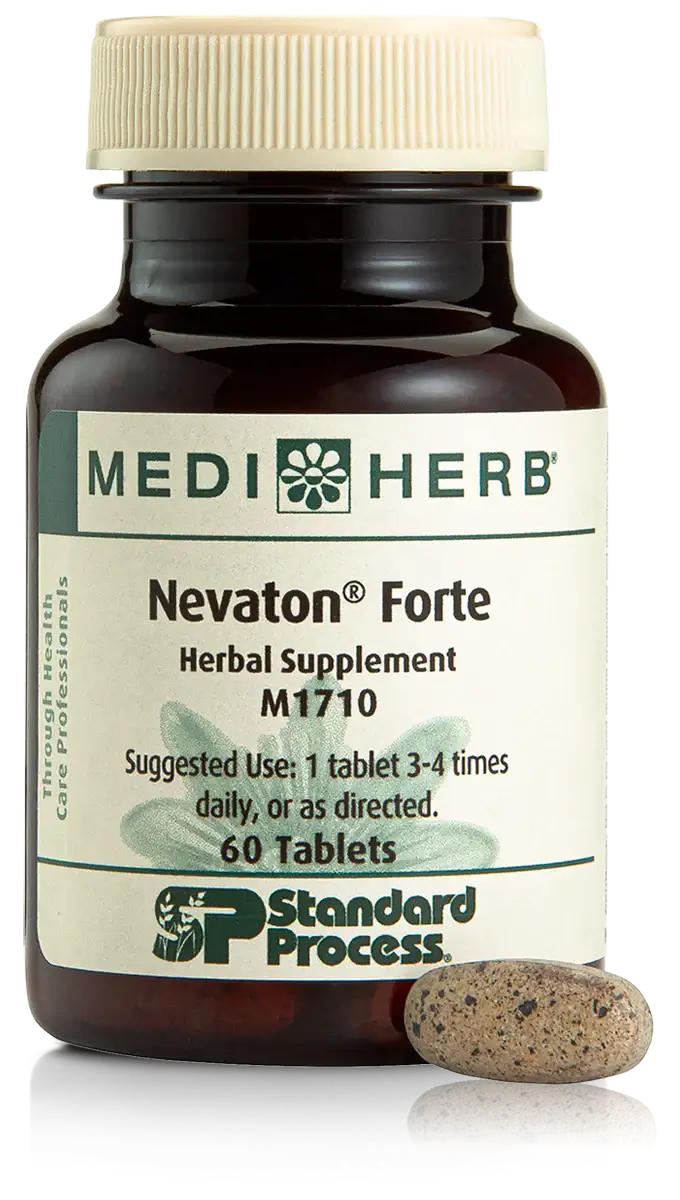
Nevaton Forte
This blend features Skullcap, St. John’s Wort, Schisandra, and Saffron, providing targeted support for emotional well-being and helping to promote calmness, relaxation, and mental clarity.
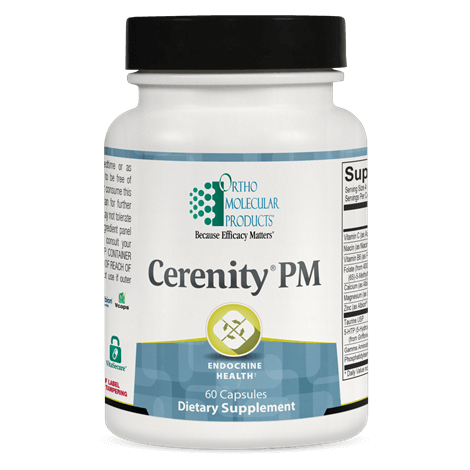
Cerenity PM
Comprehensive Neurotransmitter Support – Includes ingredients like 5-HTP, PharmaGABA®, and taurine to support healthy neurotransmitter levels.
The Bigger Picture: Depression Is a Message, Not a Malfunction
True healing doesn’t come from numbing symptoms—it comes from addressing root causes.
If you or someone you love is struggling with depression, it may be time to look beyond Big Pharma’s one-size-fits-all solutions. Chiropractic care, gut health, nutritional support, and mind-body healing practices can all play a role in restoring balance.
“Depression is a message—not a malfunction. It’s the body, mind, and spirit asking for attention, balance, and truth.”
Final Thoughts
We deserve better than outdated theories and profit-driven prescriptions. It’s time to move toward a functional, holistic view of mental health—one that empowers the individual rather than pathologizing them.
If you’re looking to explore natural approaches to depression, schedule a consultation with a qualified chiropractor, integrative provider, or functional medicine practitioner. The answers you’ve been seeking might be closer—and more natural—than you think.
Footnotes
Moncrieff, J., et al. (2022). Molecular Psychiatry. https://www.nature.com/articles/s41380-022-01661-0 ↩ ↩2
Psychology Today. https://www.psychologytoday.com/us/blog/insight-therapy/202207/depression-is-not-caused-chemical-imbalance-in-the-brain ↩
Medical News Today. https://www.medicalnewstoday.com/articles/314421 ↩
Kelly, J. R., et al. (2015). Gut microbiota, inflammation, and depressive disorders. Psychiatry Research. ↩
https://accidentcarechiropractic.com/chiropractic-care-for-depression/ ↩
https://www.medicalnewstoday.com/articles/vitamin-d-supplementation-seems-to-alleviate-depressive-symptoms-in-adults ↩
Management of Depression. Wikipedia: https://en.wikipedia.org/wiki/Management_of_depression ↩
Lopresti, A. L., et al. (2014). Saffron and depression. Journal of Affective Disorders. ↩

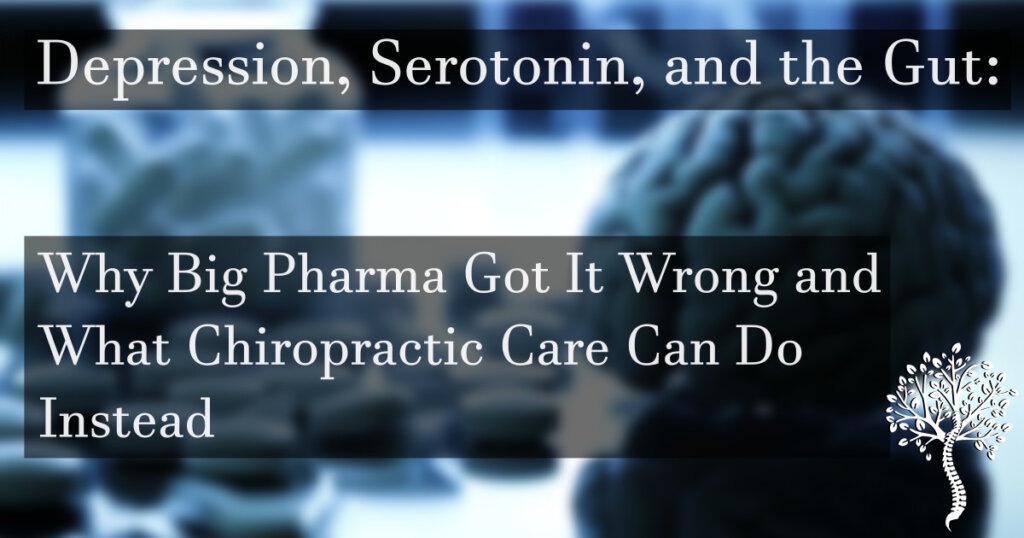
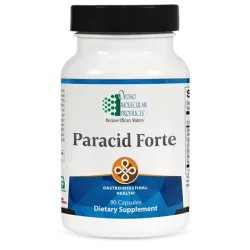
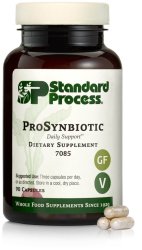
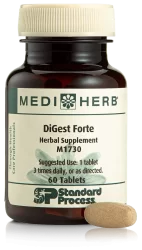
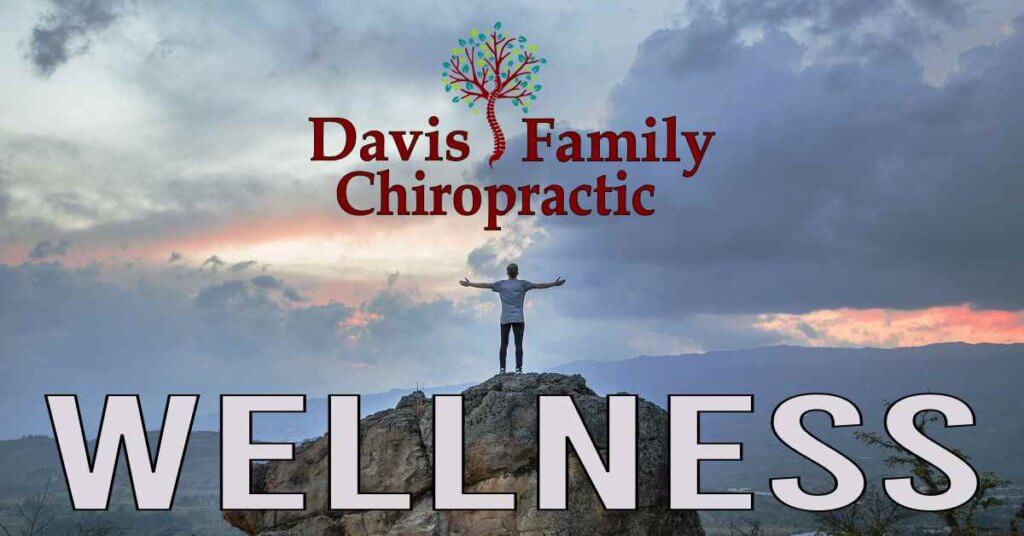

Pingback: Gut Inflammation, Mental Health & Chiropractic: A Natural Approach to Healing from the Inside Out - Davis Family Chiropractic